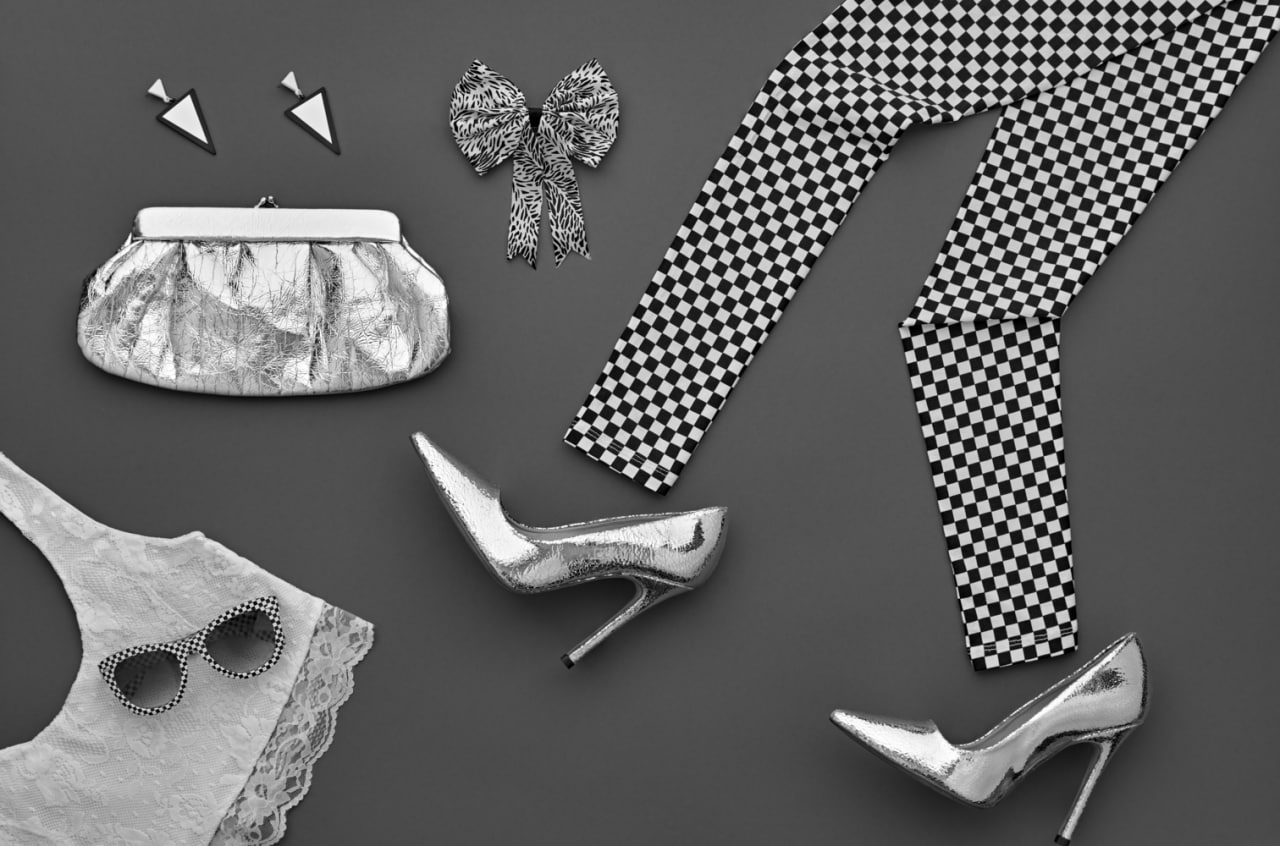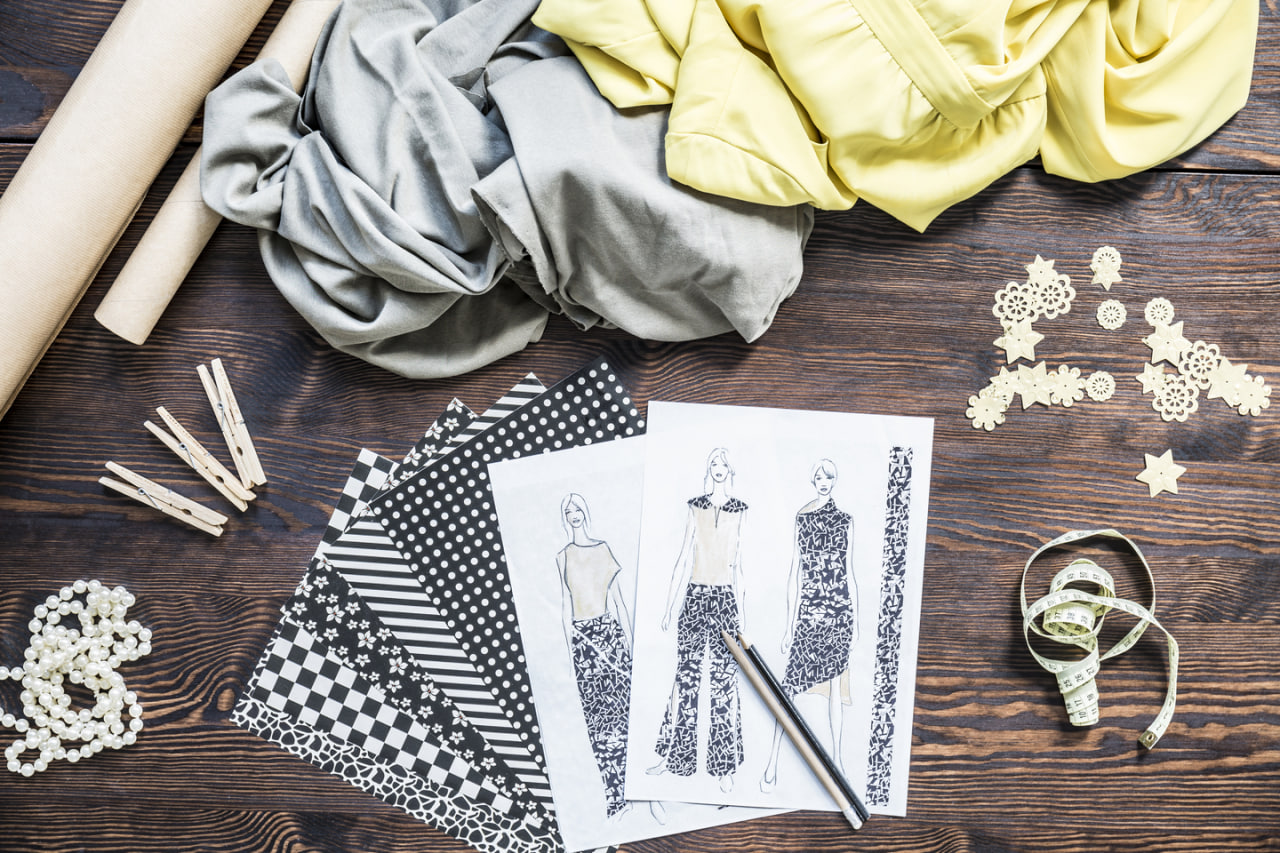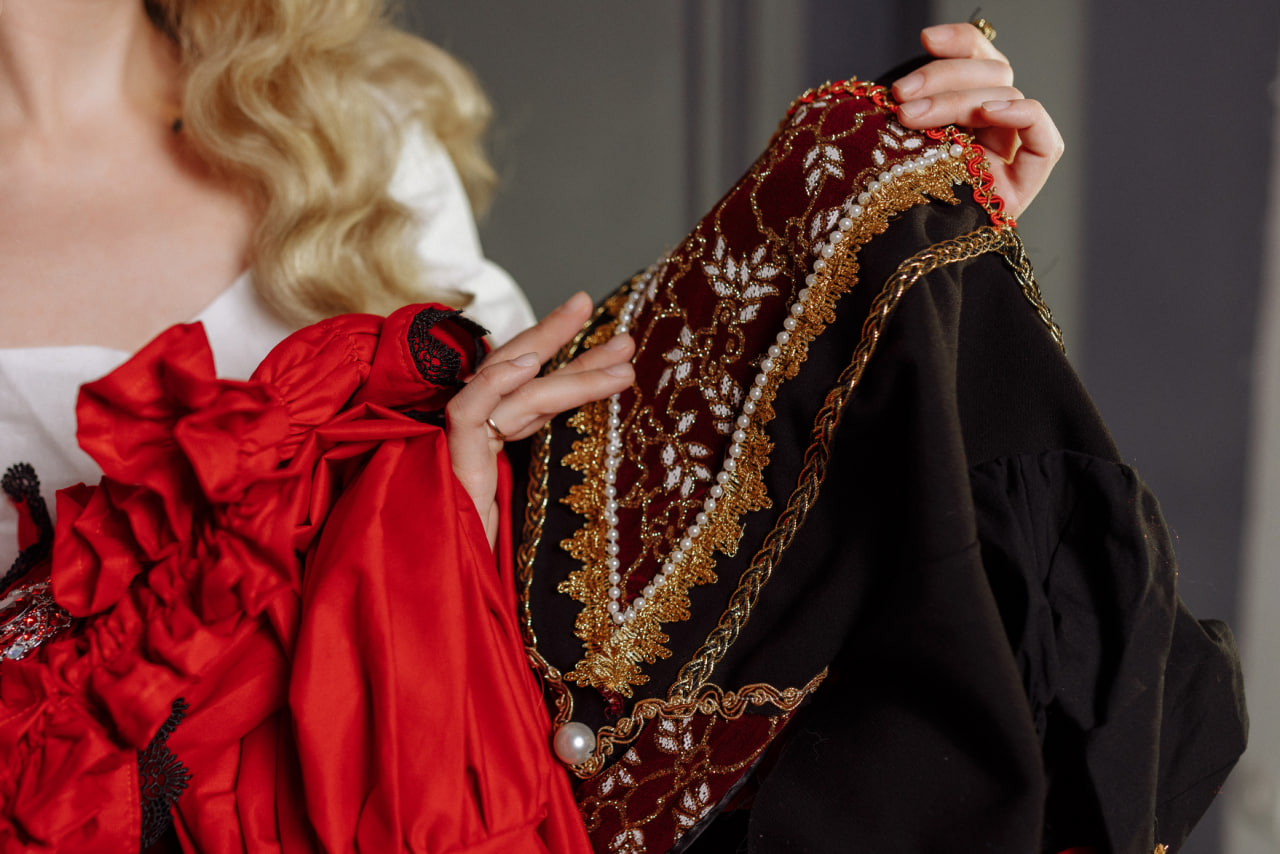ModeChronicle
Tracing the Threads of Time Through Style
The Evolution of Fashion
Fashion has always been more than just clothing—it is a reflection of culture, identity, and human creativity. From ancient garments woven by hand to modern couture crafted with precision, the history of fashion reveals how societies express values, status, and innovation through what they wear.
Every era carries its own aesthetic signature, shaped by the materials available, the ideals of beauty, and the needs of daily life.
- Elegance
- Rebellion
- Innovation
- Connection

The Power of Clothing
Fashion is not merely about appearance—it communicates. Every choice of color, texture, and silhouette tells a story about the individual and the time they live in.
Clothes serve as both personal armor and artistic expression, transforming how people are perceived and how they perceive themselves.

Eras That Defined Style
Ancient
Draped linen in Egypt, structured tunics in Rome, and intricate silks in China shaped the earliest forms of attire.
Renaissance
Art and science merged in clothing design, as rich fabrics and elaborate embroidery reflected intellectual and artistic awakening.
Baroque and Rococo
Lavish detail, ornate textures, and pastel tones defined the elegance of European courts. These garments emphasized practicality and symbolism.
Victorian Age
Modesty and industrial progress created a unique tension between constraint and creativity, leading to structured garments.
20th Century
From flapper dresses to punk leather jackets, each decade broke conventions, using fashion to challenge norms and embrace individuality.
Contemporary Style
Modern fashion blends technology, sustainability, and global influences to create designs that merge function with art.
The Language of Fabric
Fabric has always been at the heart of fashion’s evolution. From natural fibers to synthetic materials, the development of textiles changed the way people dressed and lived. As weaving, dyeing, and tailoring advanced, so did humanity’s ability to tell stories through fabric.
The Influence of Icons

Designers
Visionaries like Coco Chanel, Christian Dior, and Alexander McQueen reinvented the concept of style through innovation.

Movements
Cultural revolutions—the Swinging Sixties, the Disco Seventies, and the Minimalist Nineties—each reshaped global fashion identity.

Modern Influence
Today’s digital age blends streetwear and luxury, creating a world where individuality reigns is constantly reimagined.
